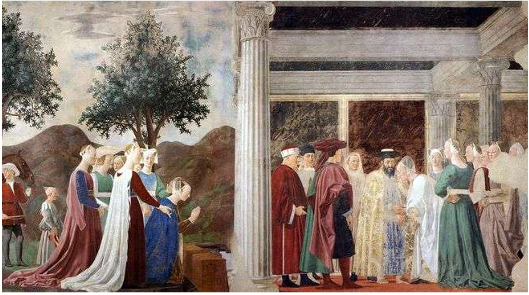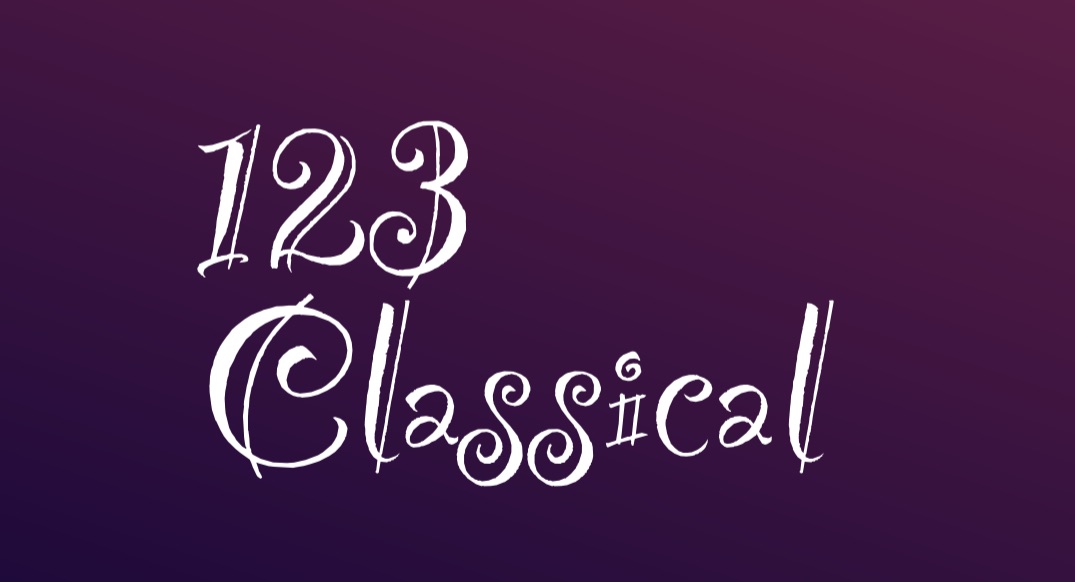

Filters

The baroque era has produced the earliest European music that is available and familiar to us. This is the period when humanity started to realize that the earth is not the center of the cosmos and that the universe seemed to be infinite. Great thinkers, such as Descartes, Hobbes, Spinoza, and Locke, were reflecting on the issues of existence. And artists such as Shakespeare and Rembrandt were offering their unique and groundbreaking perspective in art. At the same time, on the political level, European countries were increasingly exploring and colonizing other parts of the world, thus becoming familiar with other cultures and civilizations while. On the social level, the gradual rise of a middle class was gradually invigorating the cultural life. All this dynamism and prosperity of the social context created optimism about Europe's future and a growing adoration for Ancient Greece and Rome where humans were the measure of things.
So how did baroque music sound like? A huge part of the baroque period music was religious, polyphonic (with simultaneous voices and melodies), long and fluid and, most importantly, "hostage" to the needs and likes of the church and the court, institutions which hired the composers to create music for them. Bus as the period went on, the music started to change and represent the philosophy of the social context. Baroque music was becoming less religious and more of a powerful tool of communication and arousal of emotions, just like music in Ancient Greece and Rome. Based on this spirit, composers such as Bach and Handel increasingly created music as a form of rhetoric with the purpose of expressing feelings. This principle dictated the contrast between loud and soft tones, adding to the drama and exuberance of the music and therefore the expression of feelings it was conveying. The existence of a single voice and melody to emulate ancient classical music, as opposed to the complicated polyphony of previous years, was another change that was gradually becoming more pronounced in the baroque era. The desire to make the single melody more prominent gave birth to the opera and the orchestra. But although baroque music was increasingly becoming more emotive and dramatic, it was still characterized by lower and sweeter sounds compared to today's music. This was due to different pitch standards, instruments (e.g. harpsichord being the main keyboard instrument), instrument elements (e.g. viola and cello using gut strings rather than strings wrapped in metal) and performance techniques.
"Dreamful canon "
(Canon in D)
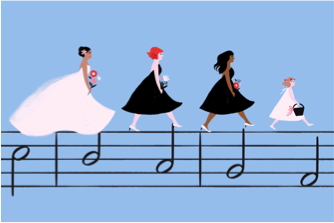
"Bach double"
(Double Violin Concerto / Movements 1 and 2)
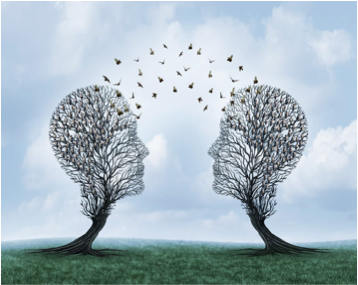
"River of hope"
(Cello Suite 1)
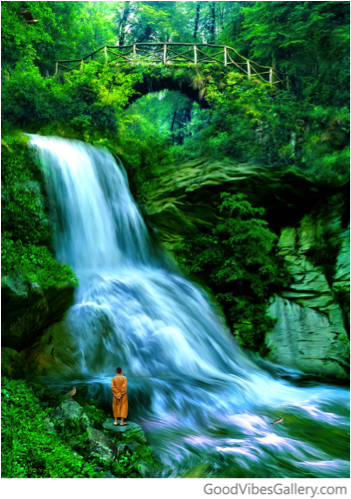
"Brandenburg concert no 3"
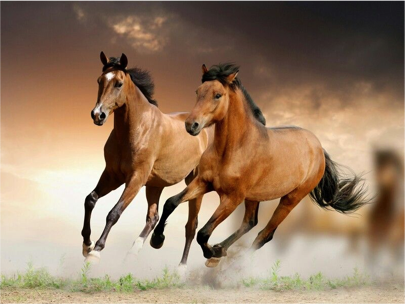
"Spring" from "The four seasons"

"Summer" from "The four seasons"

"Autumn" from "The four seasons"
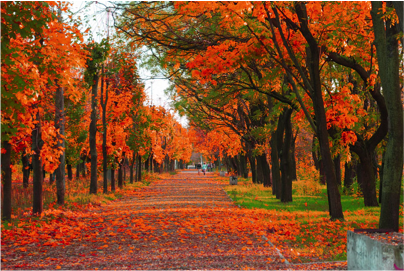
"Winter" from "The four seasons"

"Sarabande"
(Movement 4)
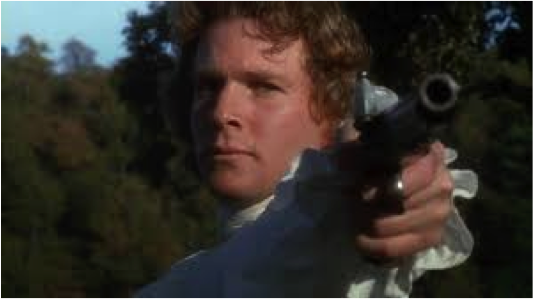
"A new future"
(Organ Sonata No 4 BWV 528)

"Baroque Venice"
(Concerto for Oboe in D Minor Op. 9 No 2)
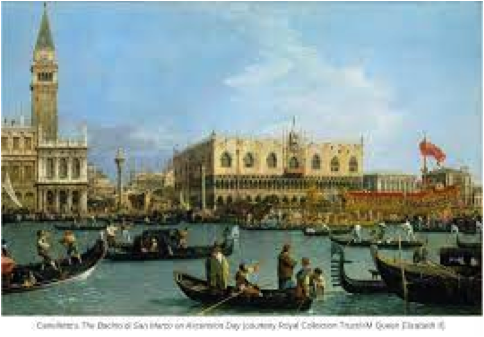
"Goldberg variations"
(No 1 Aria)
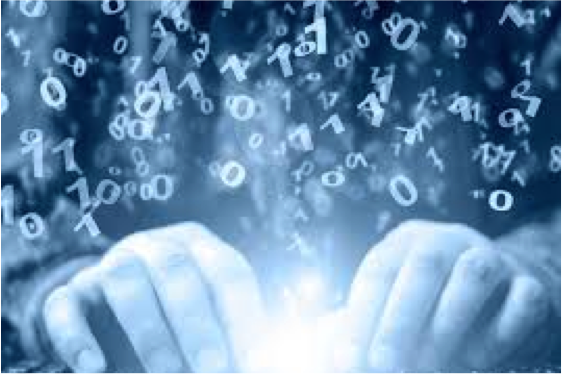
"Air on the G string"
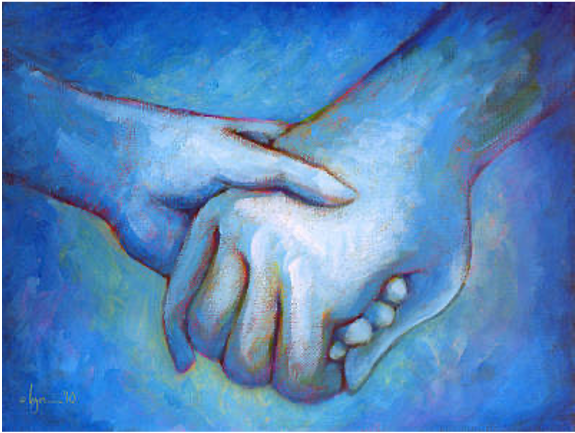
"Baroque dance"
(Concerto Grosso Op 6, No 4)
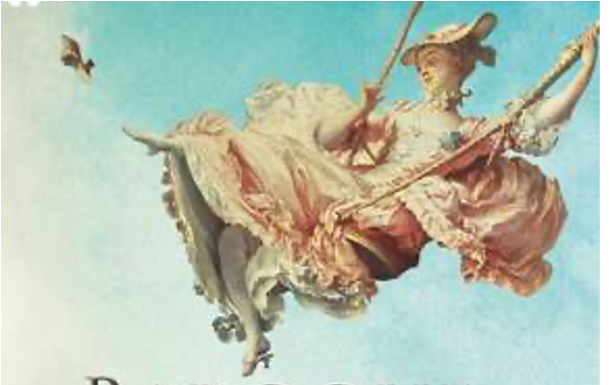
"The arrival of the queen of Sheba"
